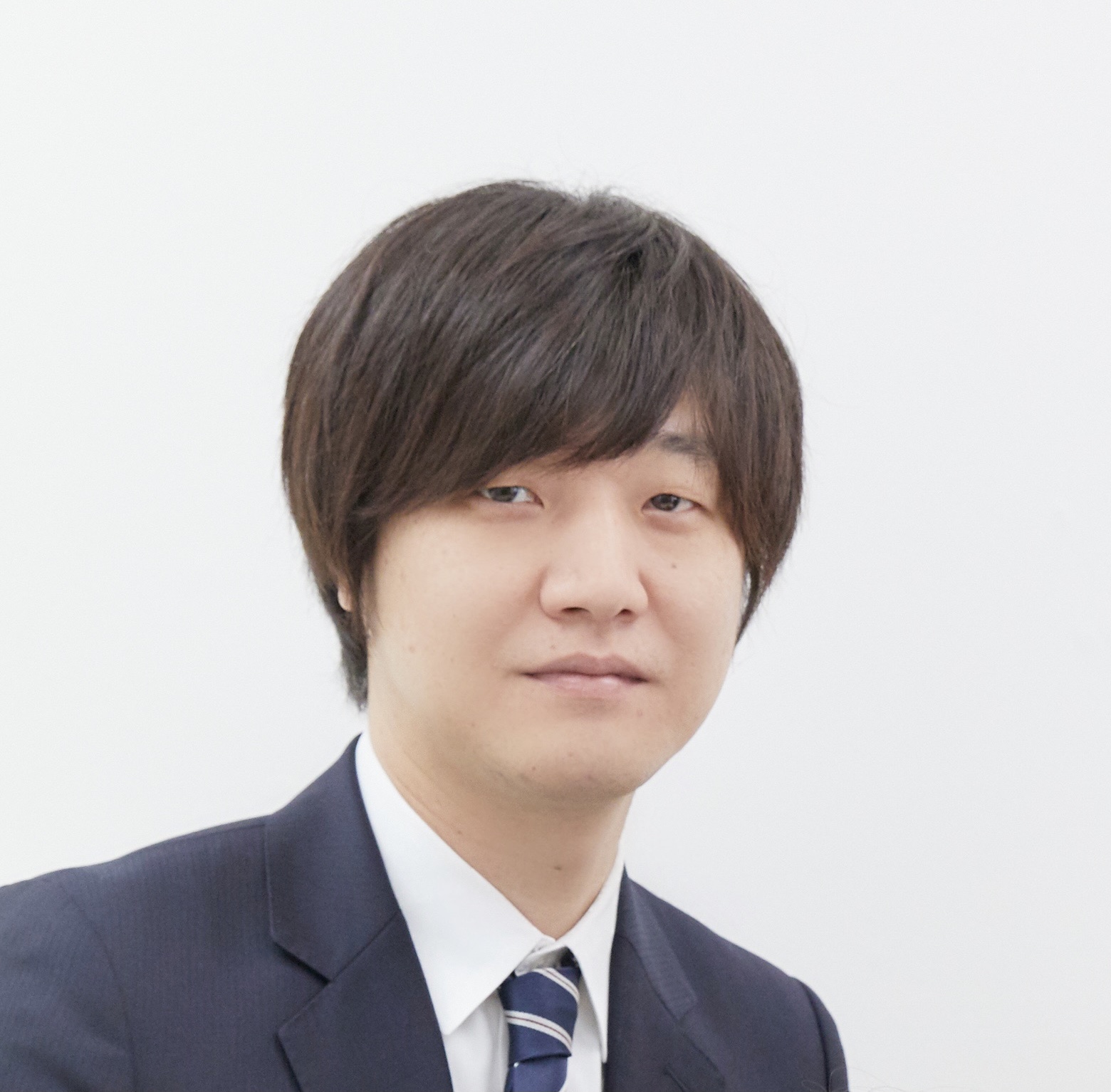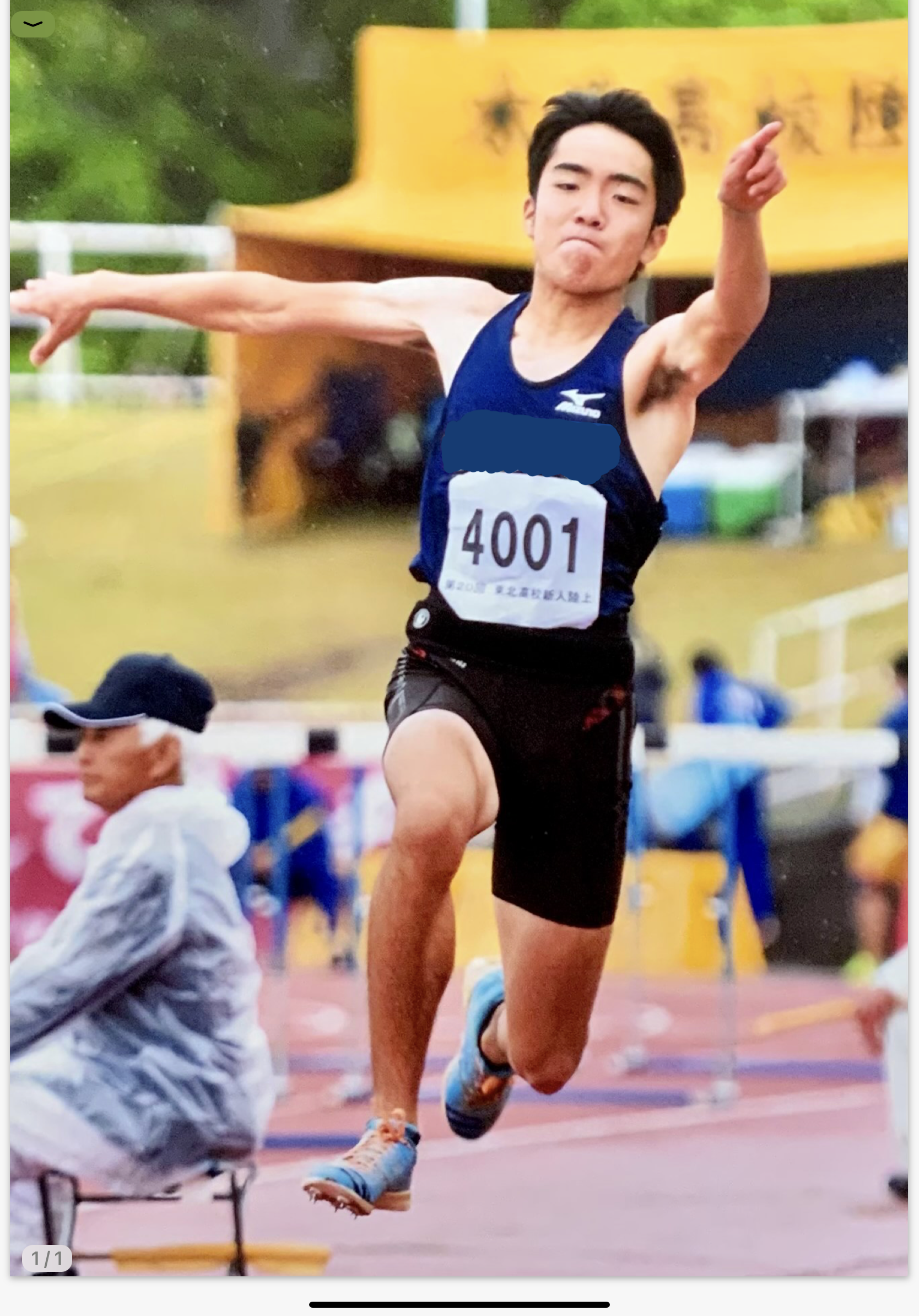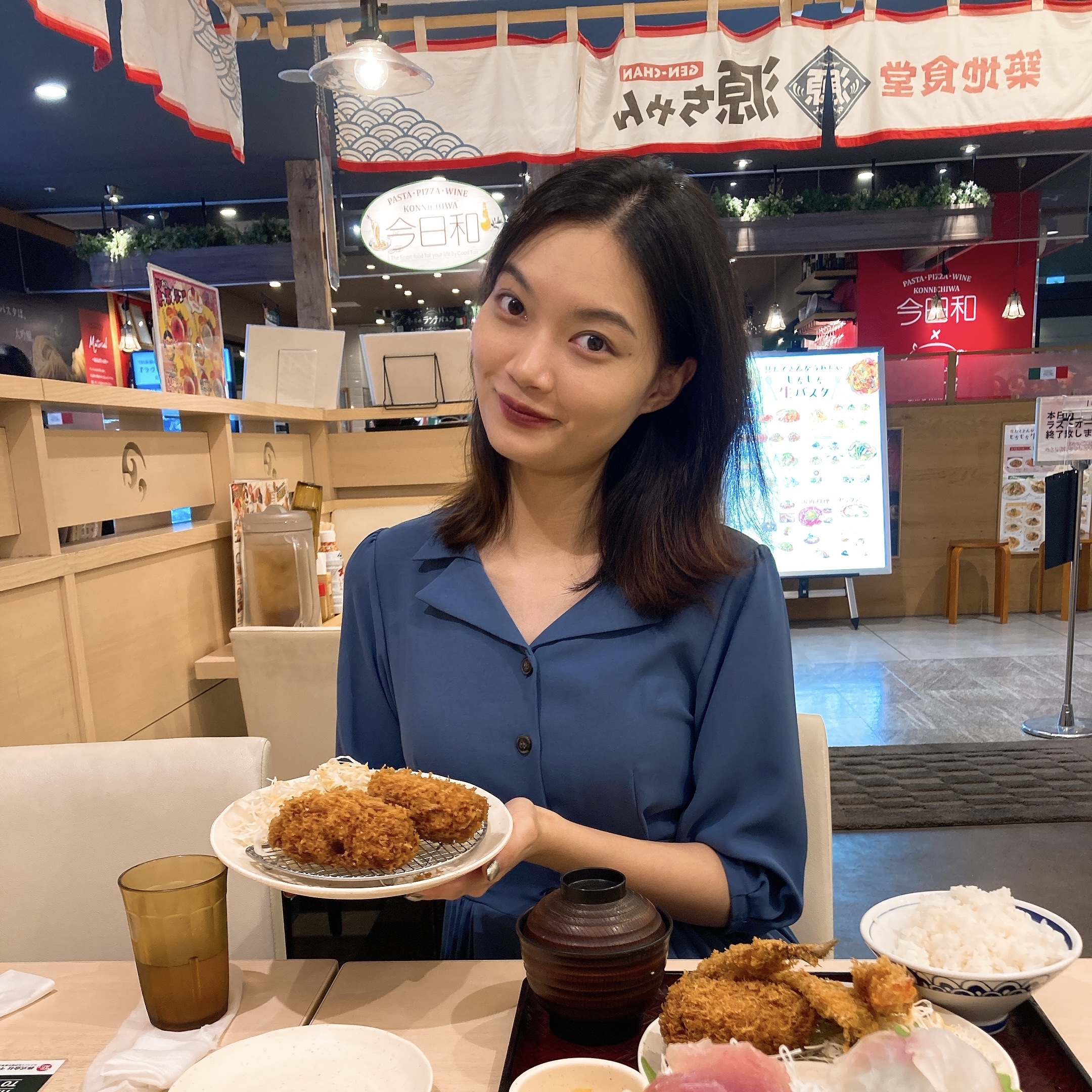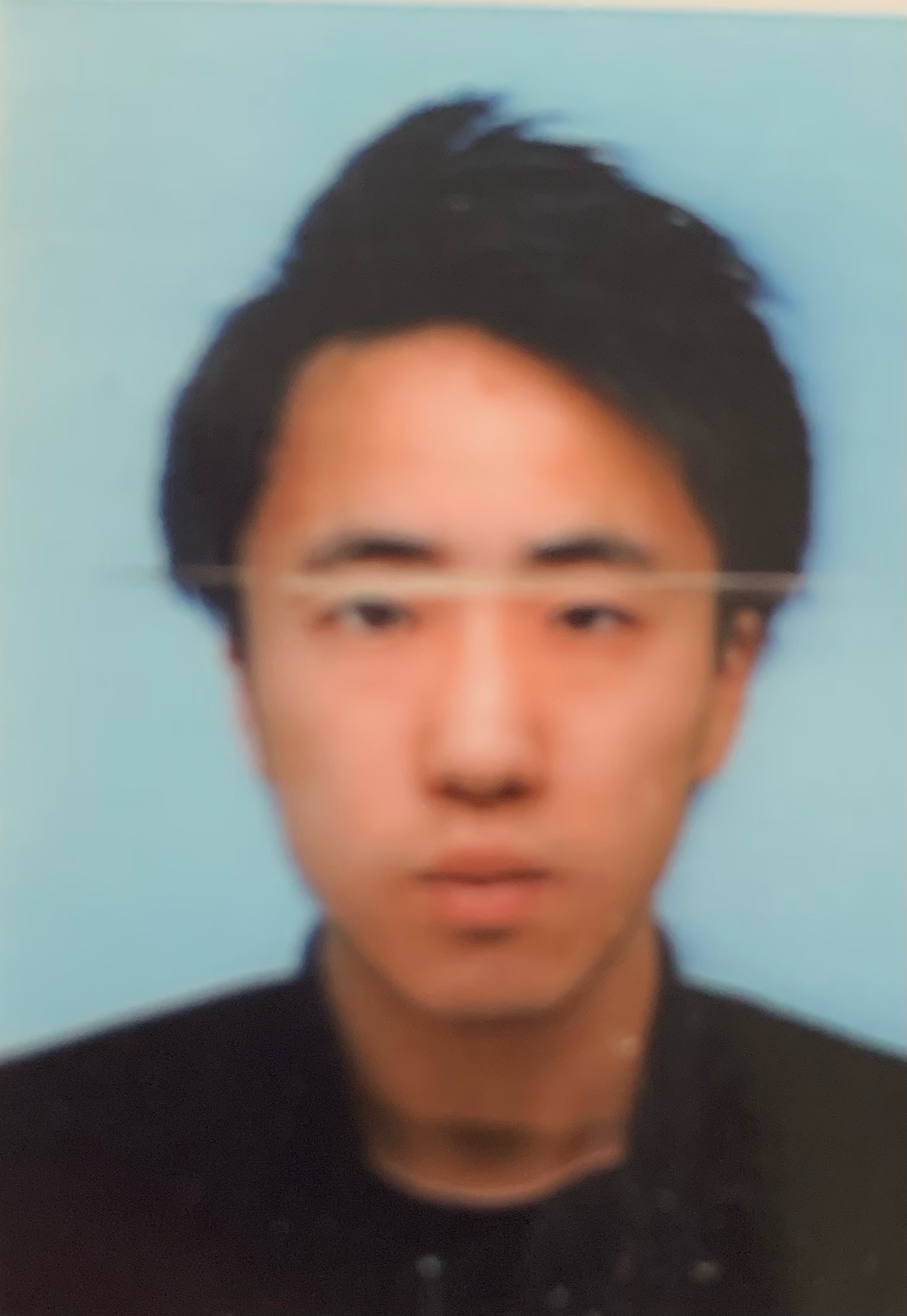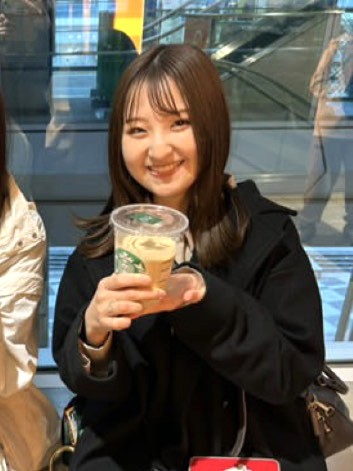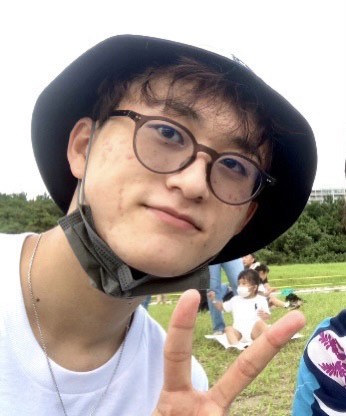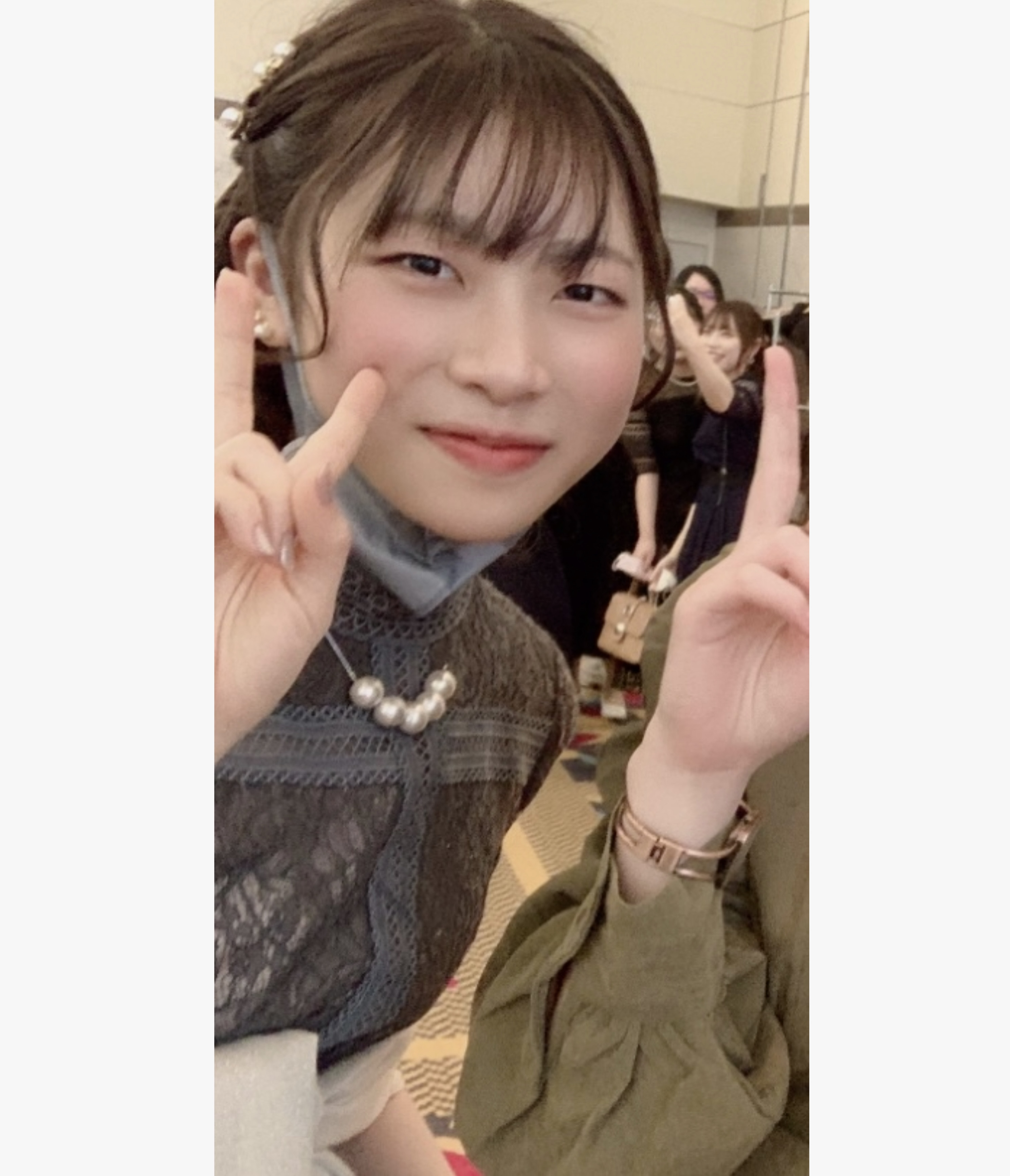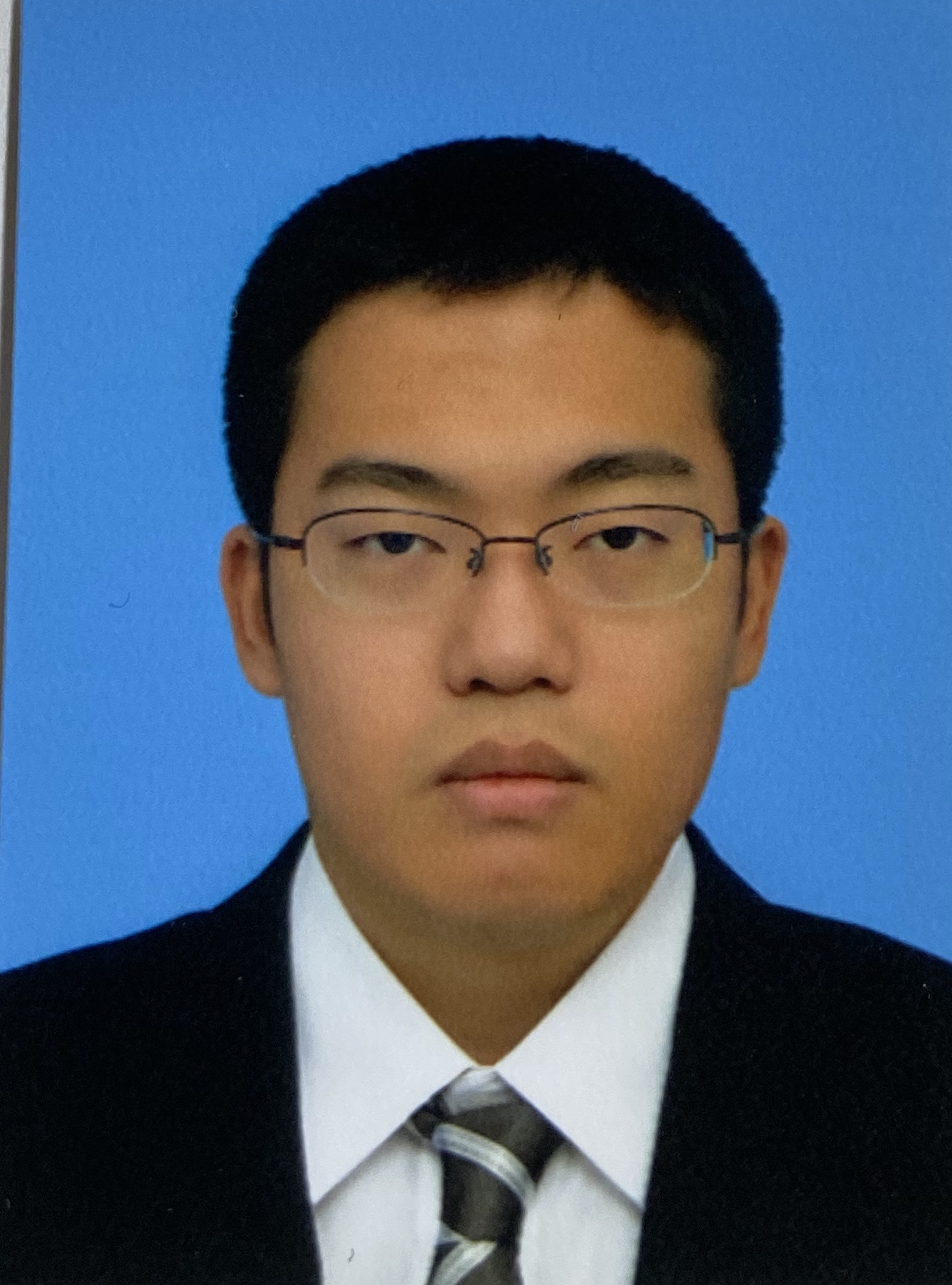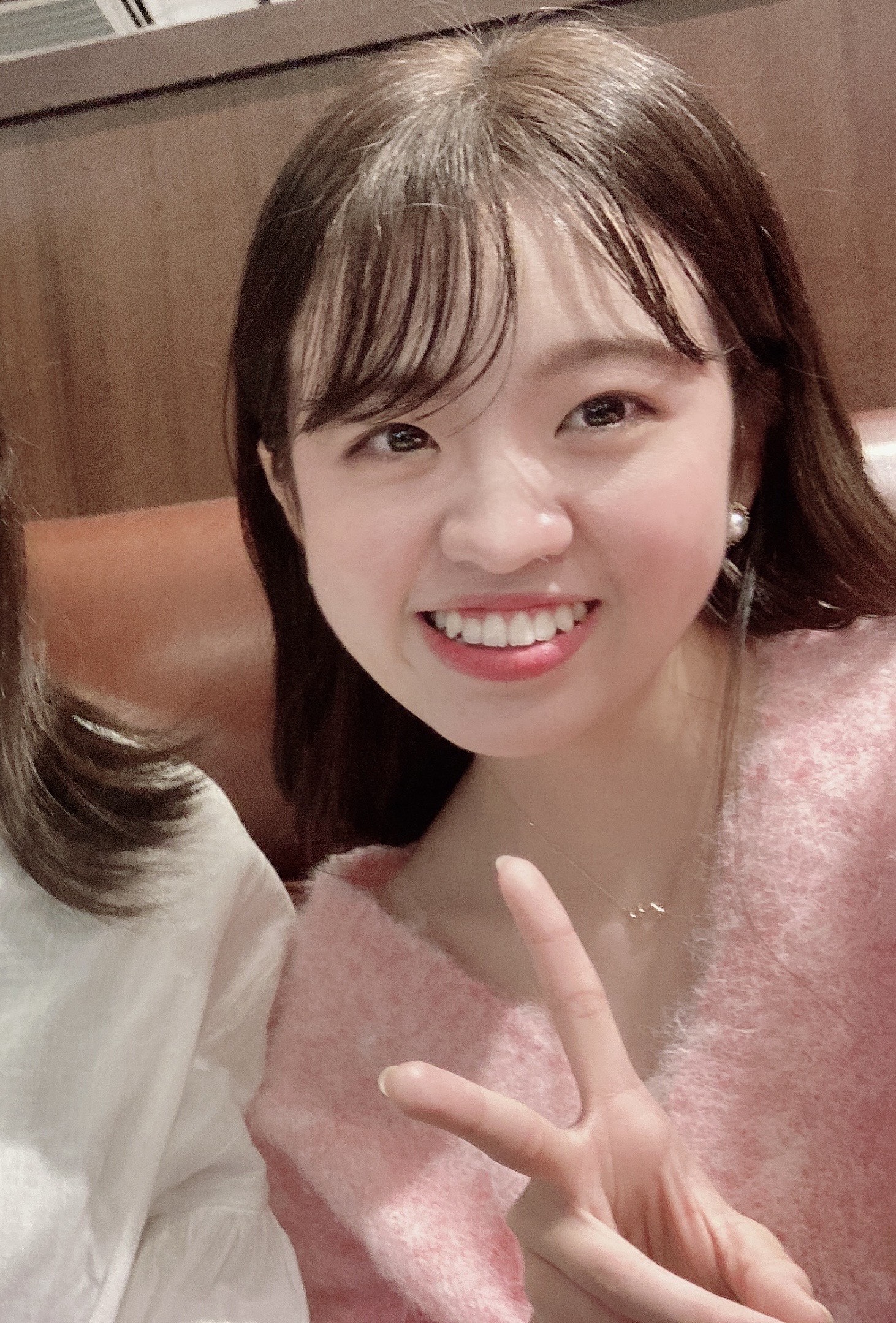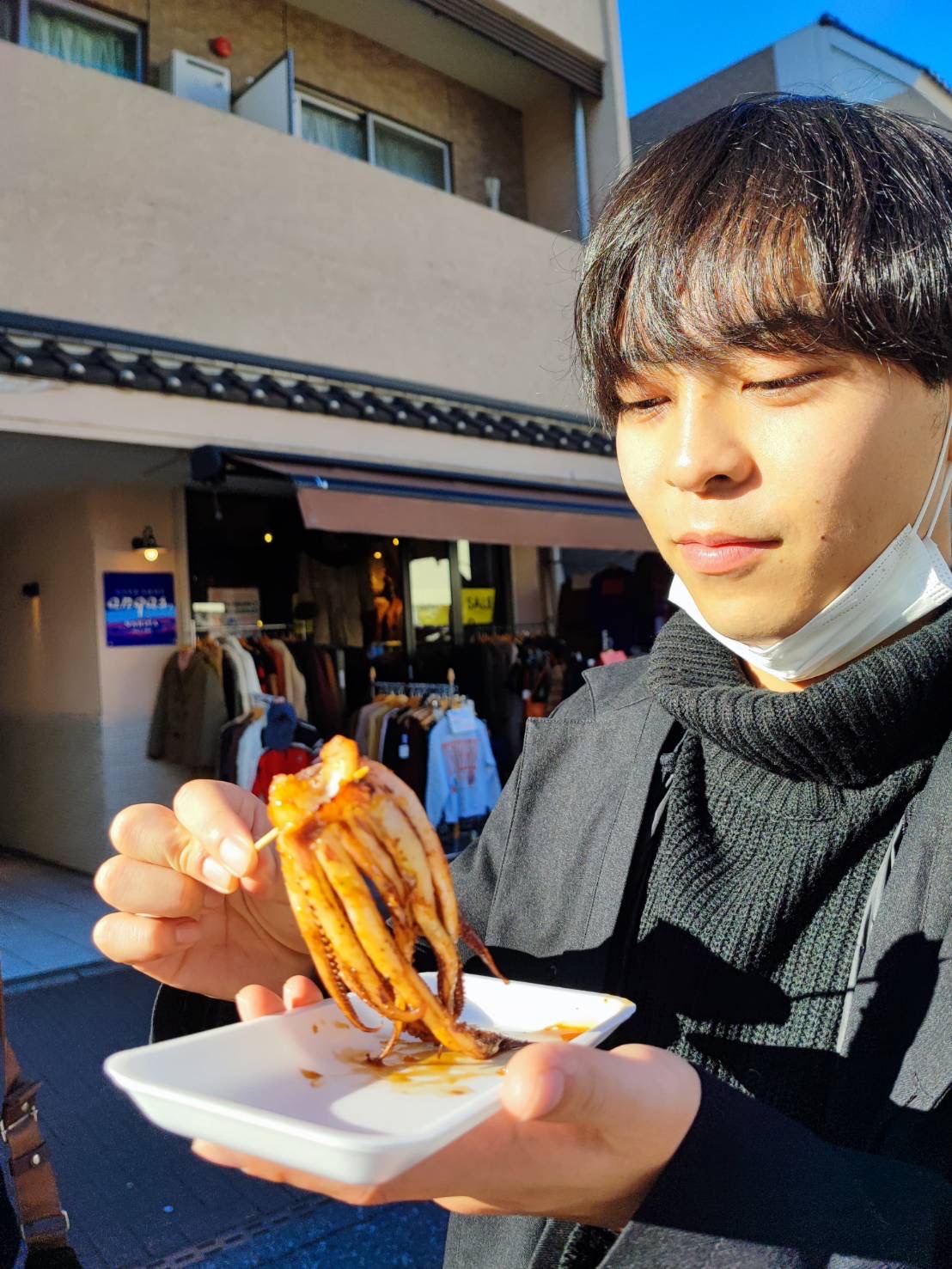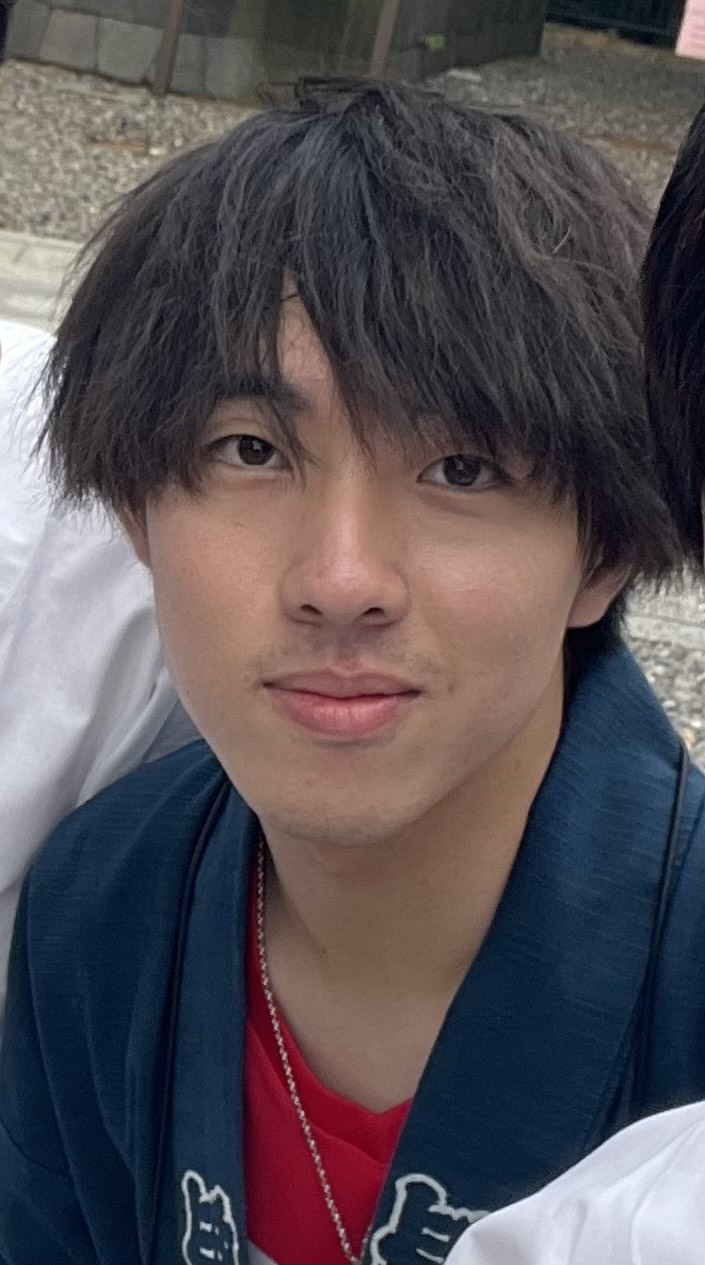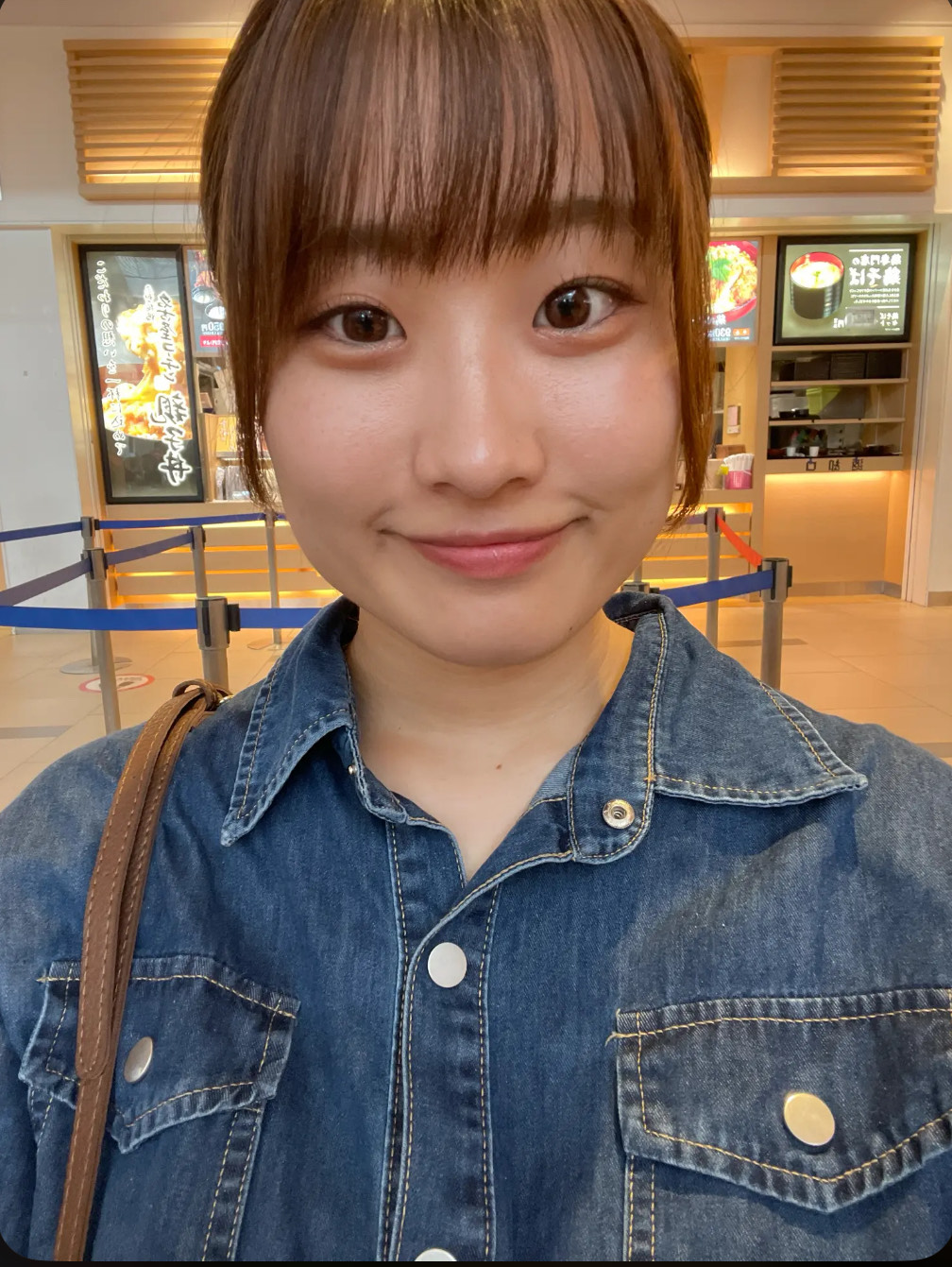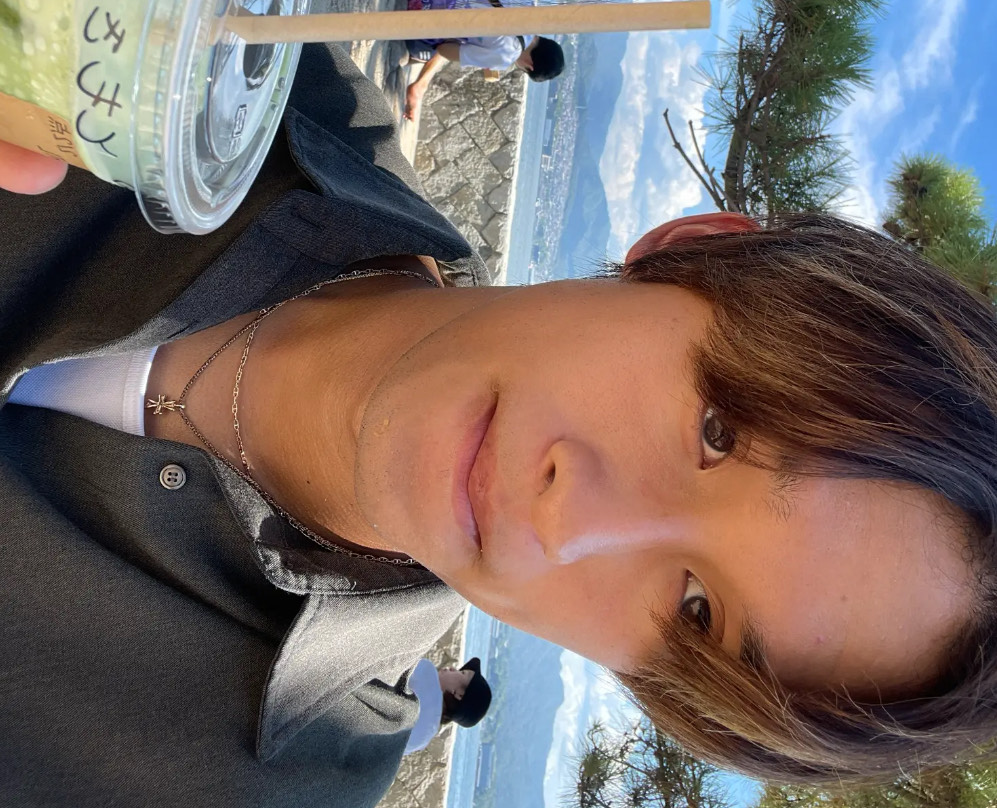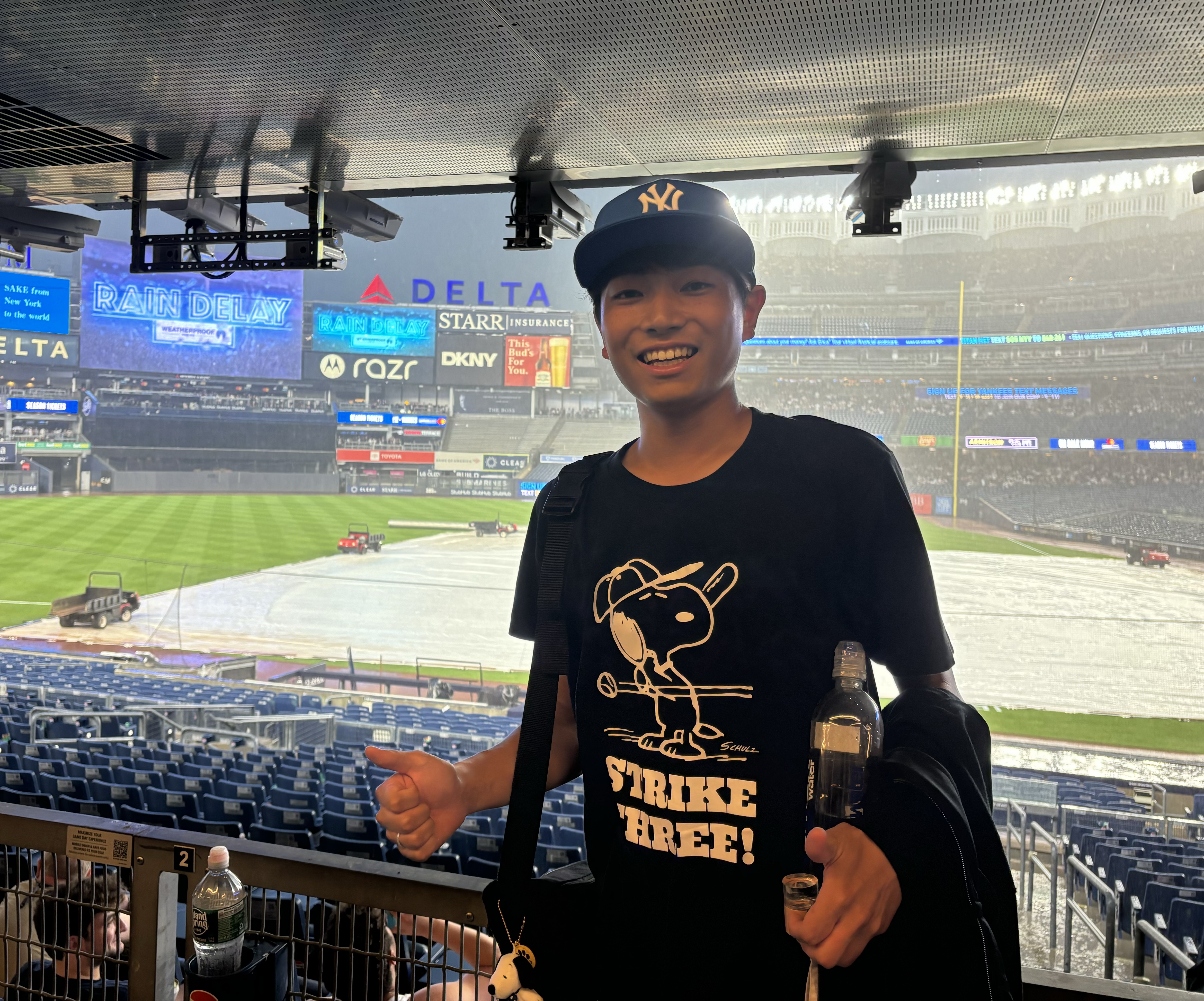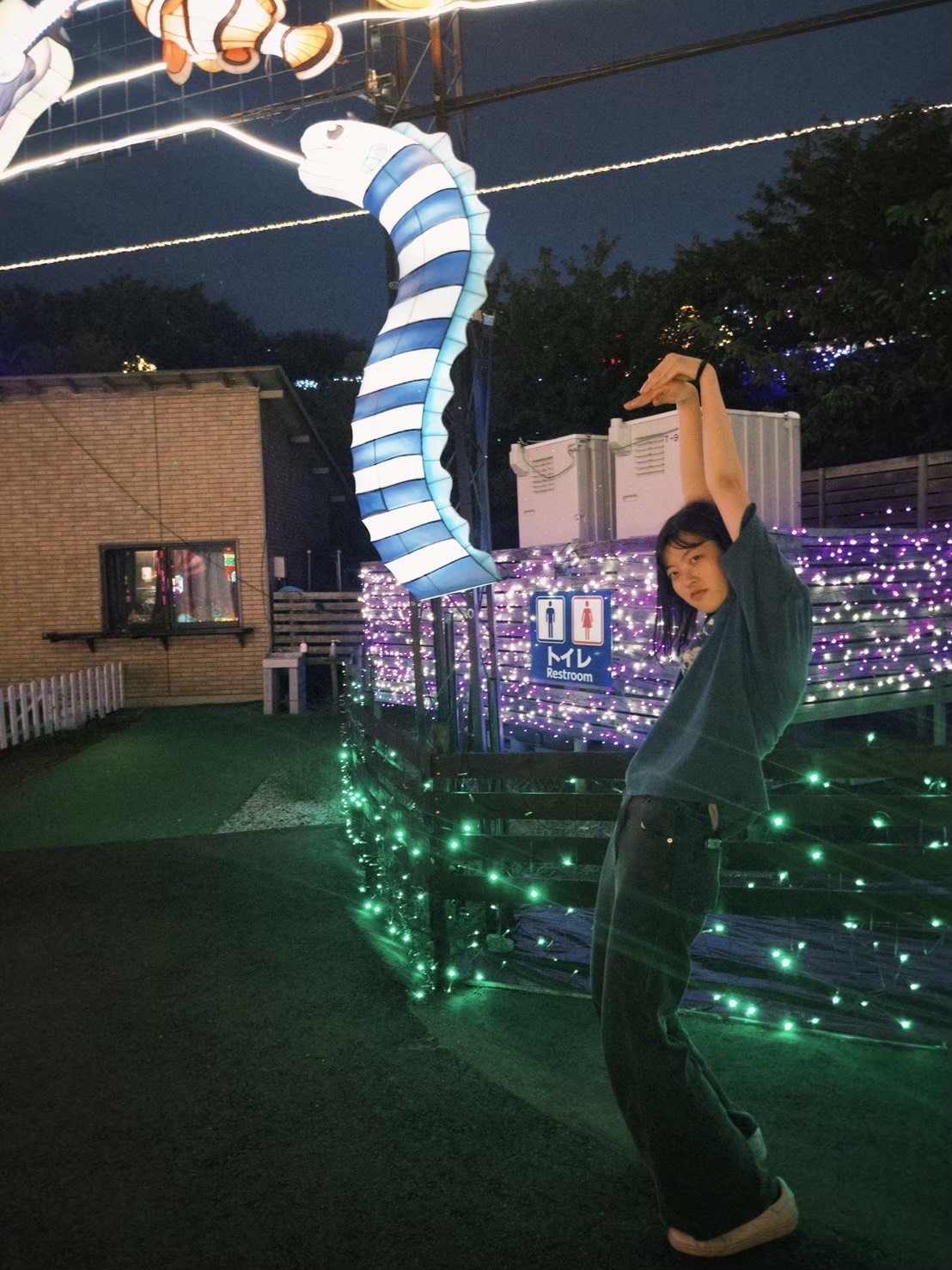Welcome to our laboratory:
We investigate
:: the character of receptors for neurotransmitters, hormones and cytokines,
:: the signal transduction mechanisms by various stimuli including receptor stimulation, reagents, stress and cancer,
:: the physiological and/or pharmacological responses including gene/protein expression in cells and tissues, using pharmacological and biochemical techniques.
Keywords: receptor, GPCR, arachidonic acid, phospholipase(s), prostaglandins, sphingolipids, sphingosine, ceramide, ceramide kinase, necrotic and apoptotic cell death, intracellular signaling, tyrosine kinase(s), oxidative stress, neuronal cells, colon cancer cells...
1)Understanding the GPCR signaling
Understanding of the molecular pharmacology of G protein coupled receptors (GPCRs) is one of the goals for our research. We believe that four significant contributions have been made in Dr. Regan’s lab in the University of Arizona, concerning our understanding of these prostanoid receptor signaling:
The first of these, and for me presently one of the most exciting, was to establish the coupling of GPCRs to T cell factor (Tcf)/b-catenin signaling, the first demonstration of cross talk between the Wnt pathway and GPCR activation (J. Biol. Chem. 276: 12489, 2001). The second contribution was the concept of constitutive signaling in the absence of agonist stimulation. Thus, the presence or expression of a receptor itself establishes a background that alters subsequent agonist-mediated signaling (J. Biol. Chem. 277: 48786, 2002). The third contribution was the elucidation of Gαs-coupled EP2/EP4 signal transduction, which established the unique signaling capacity of the EP4 receptor (J. Biol. Chem. 277: 2614, 2002; J. Biol. Chem. 278: 12151, 2003). The last of these contributions was the finding that the additional new Gαi-coupling of EP4 receptor that could differently regulates second messenger signaling properties of the EP4 receptor as compared with the EP2 receptor (Mol. Pharmacol. 69: 5, 2006). These four findings were studied using HEK cells stably transfected with several prostanoid receptors. Thus, we could focus on the receptor-specific signaling because all the cells are parentally identical, and different only in the expression of each receptor.
Since above findings were obtained using HEK model systems, we now trying to focus on the human cancer cell lines in here, Chiba University, because it seems that above findings are now being supported in physiological systems. For example, in CT26 mouse colon adenocarcinoma cells, Pozzi et al. found that cell proliferation is mediated by PGE2 via the EP4 receptor through the PI3K/ERK signaling (J. Biol. Chem. 279: 29793, 2004). We therefore, strongly believe that our researches will be applicable to other GPCRs and help to understand the mechanisms in cancer and other diseases in the future.
